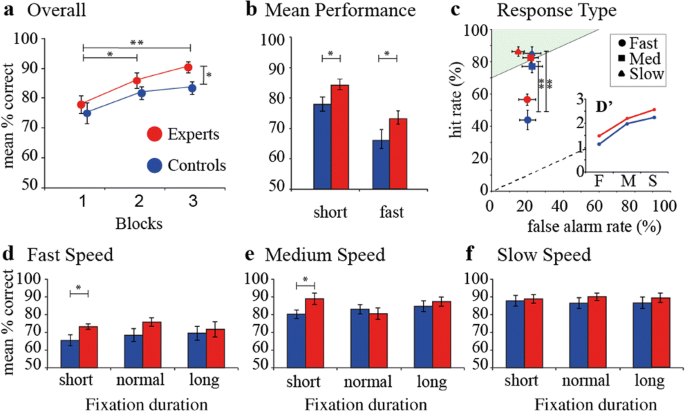This website uses cookies so that we can provide you with the best user experience possible. Cookie information is stored in your browser and performs functions such as recognising you when you return to our website and helping our team to understand which sections of the website you find most interesting and useful.

Starting or resuming fitness training: how long will it take to see the first results?




Here is a question that every beginner and experienced athlete asks themselves: How long does it take to see the results of my fitness or Krav Maga training?
The physical state of the human body takes time to transform itself, adapting to the “constraints” imposed by the practice of sports and fitness; each individual being different, the observation of the first training results will depend on the athlete.
In general, you will see the very first results after a few weeks, depending on the number and nature (intensity, duration, types of exercises like interval fitness training or Krav Maga training) of the sessions you do each week.
Many factors have a direct impact on the results of your training or weight training sessions, here are some tips to start your progression in a good way.
Start gradually; Fitness or Krav Maga training takes time!
When you (re)start your fitness or Krav Maga training, it is advisable to gradually increase the intensity of your workout sessions, so that you don’t end up in a situation of “overtraining”, or worse, get injured.
Give your body the time it needs to transform itself and set yourself fitness training goals.
It is often difficult to link your fitness or krav maga training to your professional and social life and to find the motivation to train regularly. A simple way to train regularly is to set a goal and work hard to reach it!
It is important to set a clear goal; train for a race, a fight, lose weight, or simply feel more fit as the vacations approach. Setting medium or long-term goals is an excellent strategy to stay motivated and focused on your sport and to train regularly. It’s up to everyone to define it: whether it’s building muscle, keeping fit, preparing for a competition, or to be able to defend yourself with training Krav Maga. The programming of your training depends on your goal.
It will be important to program your progress over several months, going through a general strength building phase, which will serve as a basis for work, before reaching a specific strength building phase, in order to train for a long time, and in a healthy way, without injury and to be able to reach the set objectives.
Learning the right movements
One of the main difficulties related to the resumption of a sports activity is to know how to correctly perform the technical gestures of the different movements, especially for athletes training alone, at home, or in a gym, without the assistance of a personal fitness coach.
Indeed, the repetition of poorly performed movements may lead to short, medium or long-term injuries, and sometimes make it impossible to continue training. Most of the problems that result from poor training do not appear until later, sometimes several years later!
Having the advice of a sports coach will allow you to learn (or relearn) the key points of the different movements related to your sports practice, in order to perform them in the most efficient and healthy way possible.
Have a look at my Instagram account, to see the “Way to” videos explaining different movements and their realization.
Alternate fitness training and recovery phases
A work sequence followed by recovery phases will help you get the most out of your training program. This is the principle of overcompensation; after the effort, you notice a drop in performance, then the body regenerates and integrates the efforts related to the previous session by adapting during the recovery phase. You then become stronger!
By correctly redoing the work and recovery phases, you will optimize your sports practice and give you all the necessary means to reach your goals!
If you have any questions, feel free to write me, I will be happy to help you!
References:
- « Physiologie et méhodologie de l’entrainement » – Editions De Boeck – Veronique Billat
- « Designing Training Resistance program » – Human Kinetics editions – Steven J. Fleck, PhD & William J. Kraemer, PhD
